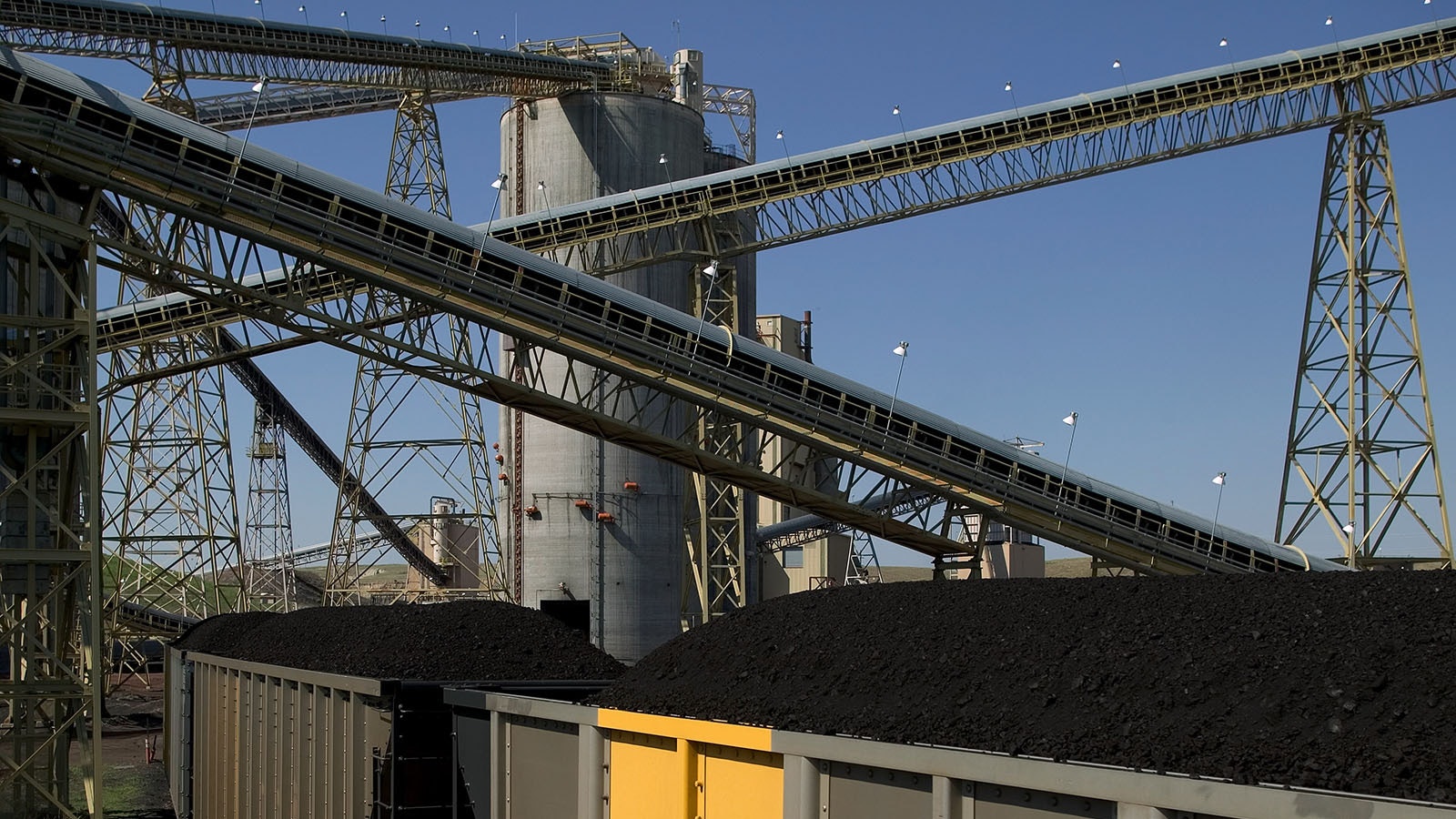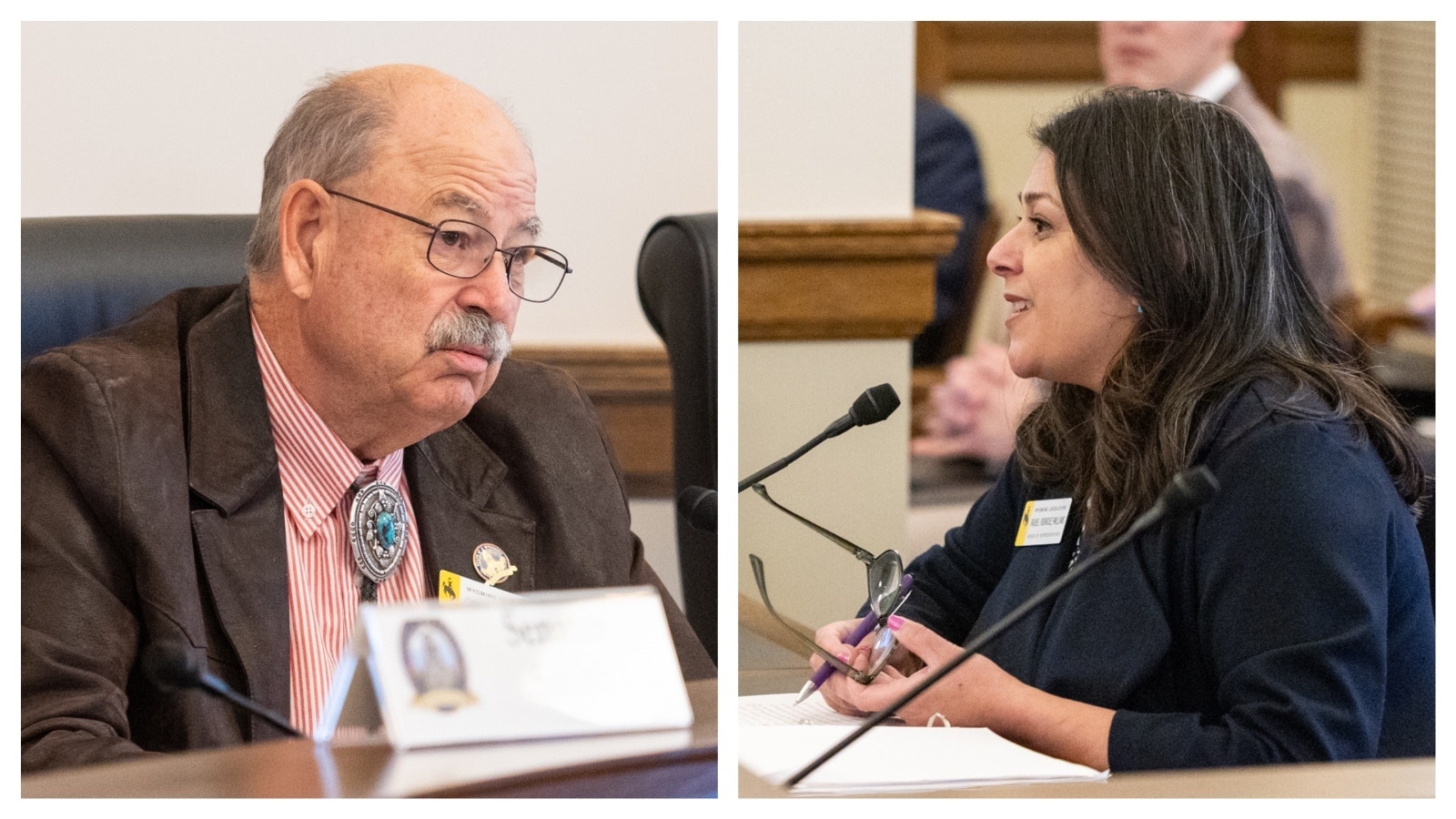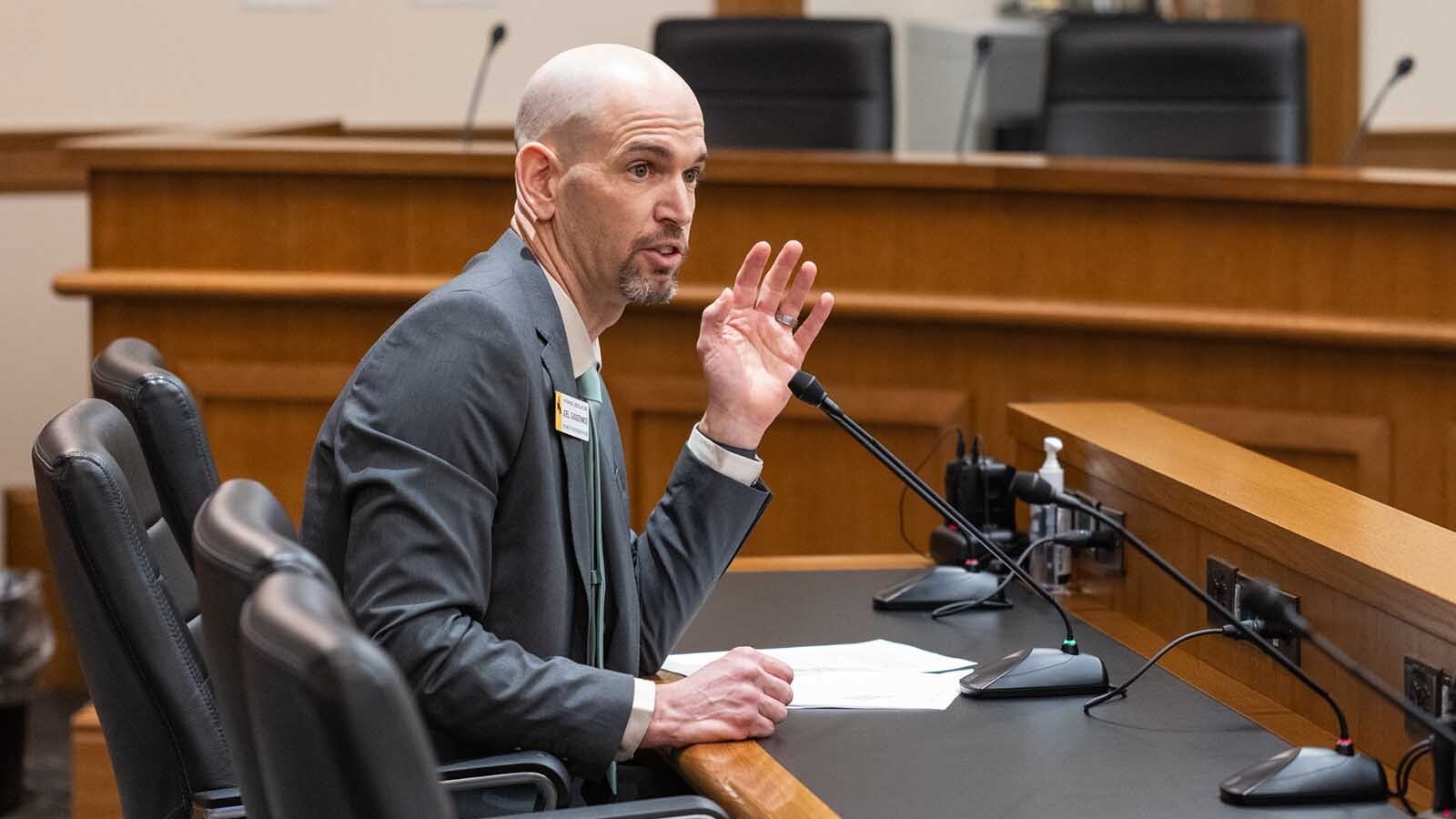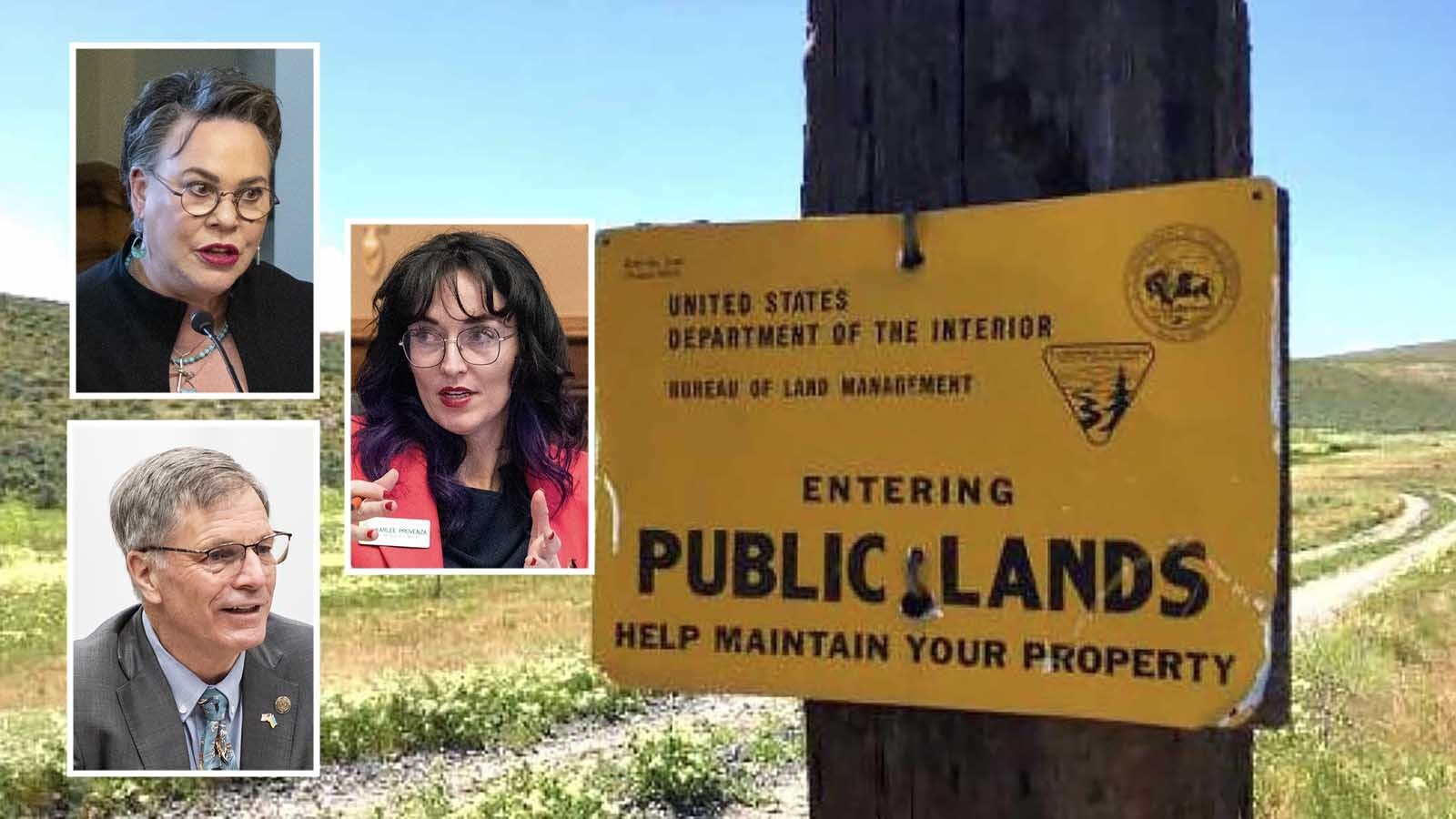It’s been a year since mineral production and exploration companies began paying their state mineral production taxes monthly.
As with any transition, there have been some hiccups, and Sen. Eric Barlow, R-Gillette, is sponsoring a bill to address one of them.
Timing Issue
In August 2021, Campbell County voters created a new Wyoming community college district, separating Gillette College from being under the operating umbrella of the Northern Wyoming Community College District with Sheridan College.
In June, Gillette College passed its first budget as its own entity: $16 million, with $11.5 million of that coming from the district’s mill levy.
The Gillette New Record reported that, based on state’s transition to collecting ad valorem tax payments monthly, the college board anticipated $4.6 million worth of mineral production tax payments in November and May, which would have covered the mill levy portion of the college’s new budget.
However, it turns out there’s a timing issue from when counties were eligible to receive monthly payments and when they’re distributed by the state.
Clarification
The Gillette College District gained authority to level taxes Jan. 1, 2022, but that created a lag time for the previous year’s tax collections.
The Wyoming Department of Revenue wasn’t set up to distribute the tax revenue to the college, when the institution expected to receive them.
Senate File 81, Monthly Ad Valorem Tax Revisions, addresses the gap with language that clarifies the tax year also is the calendar year the mineral production happens. The bill was referred to the Senate Revenue Committee for consideration.
“There just ended up being a gap,” Barlow told Cowboy State Daily. The bill “clarifies that as soon as the entity is eligible to receive the taxes, monthly mineral ad valorem are to be distributed to them.”
Smooth Collections
Campbell County Treasurer Rachael Knust said reports the county receives from the state show that, other than the odd exception, companies made the switch to monthly payments smoothly.
“It’s been different, but it’s gone well,” Knust said.
Counties will be in a much better position to make sure they don’t end up with a lot of unpaid mineral taxes, she said.
Closing A Huge Loophole
The interest in switching to monthly ad valorem payments began years ago when companies were going bankrupt, leaving counties holding the bag for anywhere from 18-24 months of uncollected production taxes. Prior to the passage of House Bill 159 in 2020 that requires monthly production tax payments, state law allowed for a lengthy lag time.
The problem grew exponentially after the coal-bed methane bust when multiple small companies went out of business and simply vanished.
Former Campbell County Commissioner Rusty Bell said companies would come in, produce for several months and not pay mineral extraction taxes. Then, when the companies went bankrupt, it would be 18 to 24 months before the county knew the company wasn’t paying its taxes.
Trying to track down the companies and pursue collections was expensive and rarely resulted in collecting what was owed.
Everybody Loses
Coal company bankruptcies exacerbated the issue when many of the Powder River Basin’s giant open-pit coal mining companies went bankrupt owing tens of millions of dollars in unpaid ad valorem taxes.
Bell said since 2000, uncollected taxes owed Campbell County is somewhere in the neighborhood of $20 million.
Blackjewell LLC, when it went bankrupt in 2019, owed the county about $37 million in unpaid taxes. The county settled with the company for about half of that.
Eagle Specialty Minerals, which took over Blackjewell’s Bell Ayr and Eagle Butte mines, is paying on that settlement monthly.
Knust said it hasn’t missed any payments.
Much of what was owed, Bell said, was simply written off.
It’s the same for the 2015 bankruptcy of Alpha Natural Resources, which owned the Bell Ayr and Eagle Butte mines before Blackjewel. It owed $19 million in outstanding ad valorem taxes. The county eventually settled with the company for about half that, but also spent nearly $1 million in legal fees to get it.
But those aren’t losses just for Campbell County, Bell said. More than 70% of what Campbell County produces in mineral taxes is passed through to the state, earmarked for public education.
“So, it’s not like we’re trying to collect the county’s money,” he said. “We’re actually trying to collect the money for everybody.”





